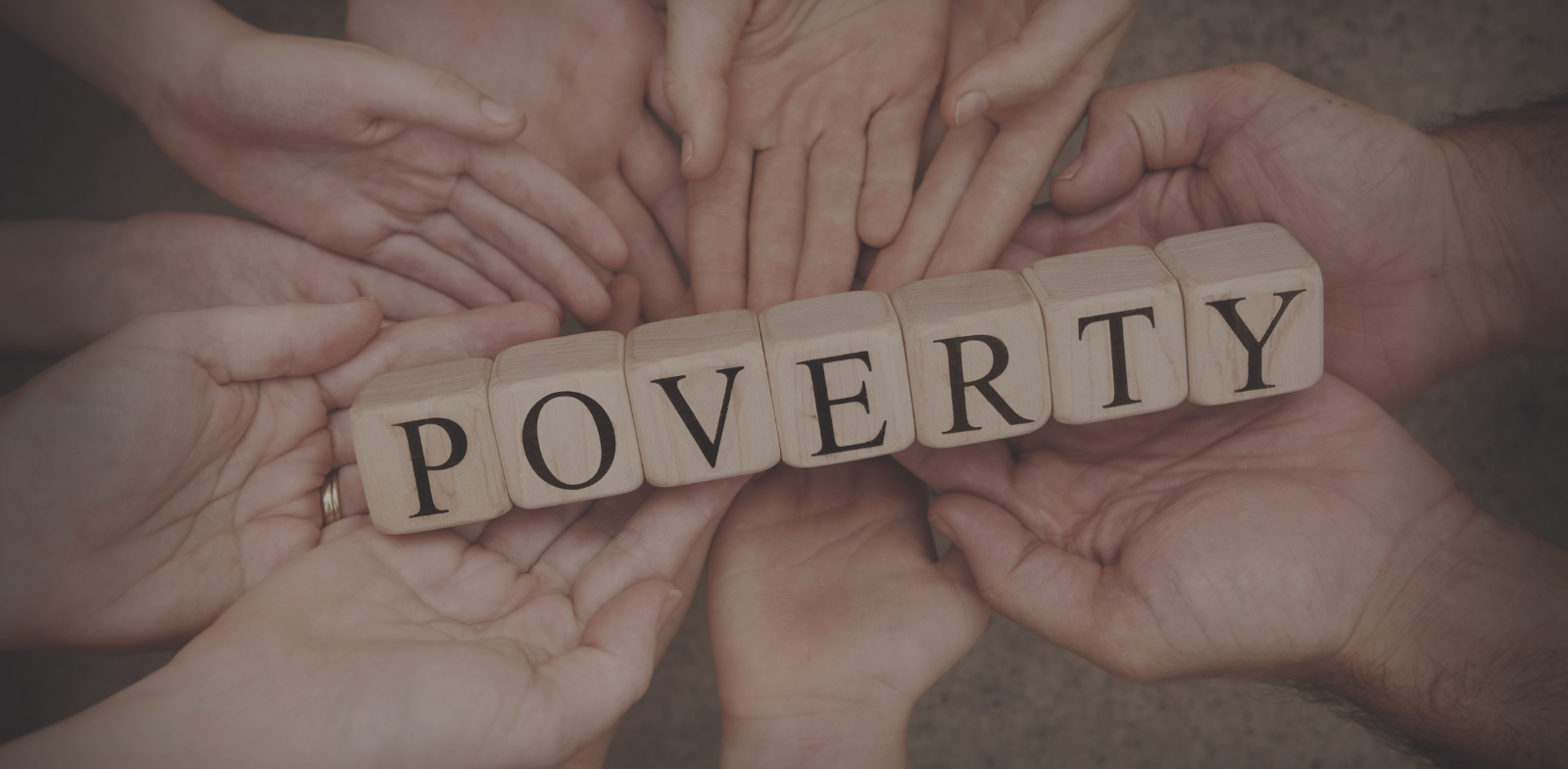
First Published: 04 March, 2024
Have a read to find out what ‘poverty porn’ actually means, find out the dangers of exploitative narratives, and much more!
"In the not-for-profit marketing space storytelling serves as a powerful tool to mobilise support, generate empathy and raise funds. However, as New Zealand Red Cross gears up for our 2024 annual appeal, we know it’s crucial to tread carefully on the fine line between raising awareness and falling into the trap of poverty porn.
As a relatively newbie to the not-for-profit space, I’ve found the conversations in this space an interesting place to navigate and thought it was worth sharing some thoughts.
Poverty porn is a term used to describe the sensationalisation of poverty, often through overly emotional or graphic images, with the intent of eliciting a strong emotional response. With the well-meaning intention to raise awareness and funds this might be viewed as the most effective way to achieve these results – people need to know the problem right. However, the consequences can be detrimental, perpetuating stereotypes and reducing what can be very complex issues down to simplistic narratives.
At New Zealand Red Cross our mission is to improve the lives of vulnerable people. Within our Fundamental Principles is “Humanity” with the core purpose to protect life and health and to ensure respect for every human being.
So, we remain cognisant of the dangers associated with exploitative narratives. Campaigns that rely on shock value can dehumanise the very individuals we seek to help, reducing people to mere symbols of suffering rather than recognising their resilience, agency, and dignity.
An example is our mahi to support former refugees as they begin their lives in Aotearoa. While featuring visuals of refugees in vulnerable circumstances might evoke heightened donations, such depictions concentrate on moments that represent the most significant challenges in their lives, reducing truly impressive individuals down to one life event and not accurately convey the impactful nature of the New Zealand Red Cross's work.
When focusing on getting the highest return on investment there are instances from times past when New Zealand Red Cross has played very close to this line and many not for profits are still marketing in this space. It is essential for organisations to shift towards narratives that empower the communities we serve. Sharing stories of strength, resilience, and the positive impact of our programmes can inspire donors without resorting to graphic portrayals that may exploit the dignity of people in need. This will ultimately lead to donors who have a stronger connection with our mission and will ultimately act as our advocates.
In March, our 2024 annual appeal will launch across the motu spreading the message of the positive impact Red Cross has in communities within Aotearoa and around the world. We will be embracing narratives that empower, educate, and foster empathy with a focus on building strong connections with donors and contribute to a more compassionate and informed society. Striking the right balance between our emotional appeal for giving and responsible storytelling will be the key to ensuring our longevity as we so heavily rely on donations to support our humanitarian efforts."
The opinions expressed in this article are solely those of the author and do not necessarily reflect the views or opinions of the organization they are affiliated with.
Category

Contact us if you have any suggestions on resources you would like to see more of, or if you have something you think would benefit our members.
Get in TouchSign up to receive updates on events, training and more from the MA.
